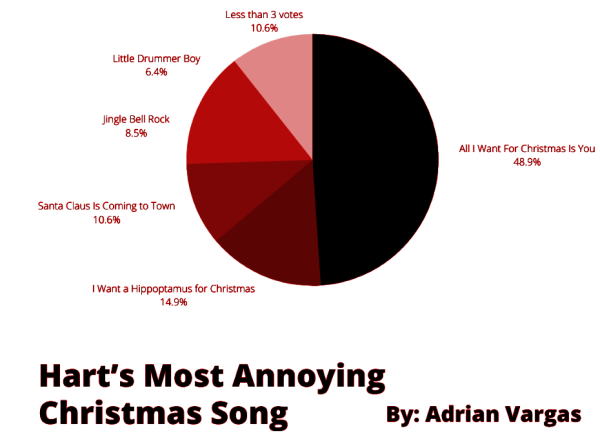Should Television Seasons Be Shorter?
I love television. Whether it’s drama or science fiction, high budget or made on a dime, I will always applaud a good story. However, despite my love for television, I would rather a show end at its fourth season than run to its twelfth. At first glance, the sentiment seems counterintuitive: if I love a show, wouldn’t I want it to last longer? In actuality, I’d rather a show go for even three exceptional seasons than allow it to be dragged out. The only real reason that shows continue for as long as they do is plain and simple—greed.
The longer a show goes on, the more cast and crew are contractually obligated to be paid. These numbers go higher and higher until, eventually, the show’s budget can’t handle all their incomes. At that point, many characters are written out, and much of the cast is fired in order to allow the show to continue. Around season six or seven, viewers may notice this shift in the credits. Unfortunately, many shows aren’t able to survive this transition. Because the older, more experienced writers are phased out, green writers take charge of telling stories. This in and of itself is not an issue; however, because of their lack of experience, these writers often cannot accomplish the same level of quality that the former writers did. Especially with plot-driven shows, this results in storylines that feel disconnected from the overall show. Coupled with a sudden departure of the main cast, the show is transfigured into something completely different.
Speaking of story, later seasons of television shows are often disconnected from the storyline established at the beginning of the series, particularly in American television. Shows are built on a basic premise. For example, the premise of The Flash would be that after receiving superpowers, scientist Barry Allen must fight crime to stop similarly powered individuals. However, there comes a point in every television show’s career where they simply run out of story ideas. Barry can’t fight metahuman crime forever: there are only so many powers in the world and so many people he can battle. The problem with long-running television shows, though, is that they carry on past this point. They don’t stop when they run a story’s natural course but instead push a dead story back onto its feet to dance. A show may have dropped the ball, but so long as it makes studios money, they keep it alive.
Stargate SG-1 experienced both of these problems. Though the series went to ten seasons, the main storyline ended at the end of season seven, resulting in the final few seasons feeling disconnected from the whole. The departure of one of the actors cemented SG-1’s fate. I am a loyal fan of the show; however, I would be lying if I said that the lower quality of the final few seasons didn’t sour my overall experience. The same goes for other long-running shows like Smallville and especially Supernatural.
The shows that wrap up within a few seasons maintain the magic all the way through, leaving the experience a beloved, untainted memory. The Good Place was always planned to have a four season story arc, thus allowing it to build to a climax and finish in a manner foreshadowed by the very first episode. If the show had continued past that fourth season mark, it would have struggled, and I personally believe that it would have floundered and failed.
Considering the benefits to story, Hollywood needs to learn to let shows die for their own good.
Your donation will support the student journalists of Hart High School - CA. Your contribution will allow us to cover our the cost of our website and print editions.




